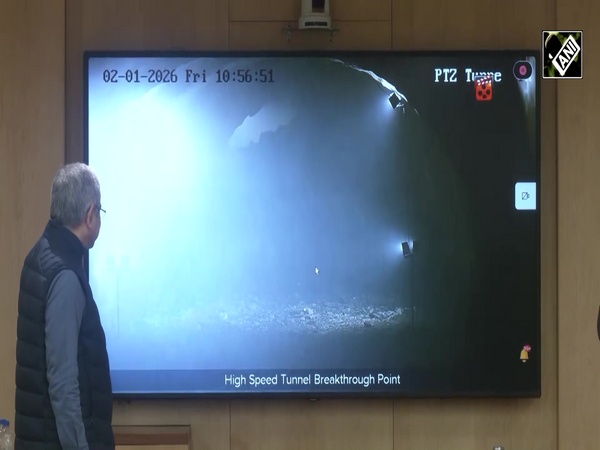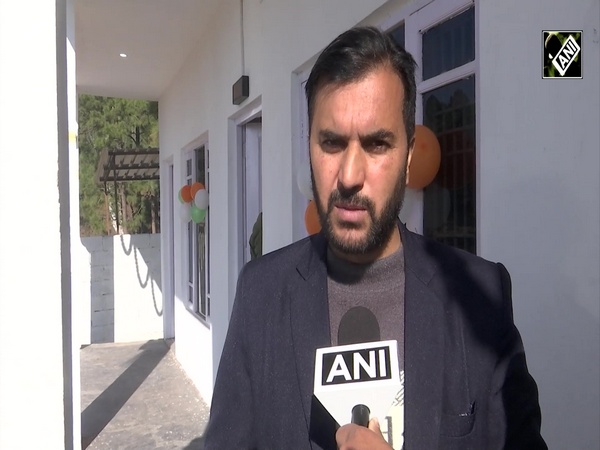MCC to discuss proposal of bamboo bats in next Laws sub-committee meeting
May 11, 2021

London [UK], May 11 : The Marylebone Cricket Club (MCC), the Guardians of the Laws of Cricket, has gone through the research study from the University of Cambridge which has suggested the use of bamboos to make bats offers a more suitable alternative to the traditional use of willow. The Club has said it will discuss the topic in the next Laws sub-committee meeting as approving the use of bamboo instead of wood is illegal under the current Law.
Currently, Law 5.3.2 states that the blade of the bat must consist solely of wood, so for bamboo (which is a grass) to be considered as a realistic alternative to willow would require a law change.
"MCC has read with interest the research study from the University of Cambridge, which suggests that cricket bats made from bamboo offer a more suitable alternative to the traditional use of willow," MCC said in an official statement.
"Importantly, the Law would need to be altered to allow bamboo specifically, as even if it were to be recognised as a wood, this would still be illegal under the current Law, which bans lamination of the blade, except in junior bats," it added.
MCC's role as Guardian of the Laws includes maintaining the balance between bat and ball, and any potential amendments to the Law would need to carefully take this into consideration, particularly the concept of the bat producing greater power.
The Club has worked hard to ensure that bats aren't too powerful, taking steps in 2008 and 2017 to limit the materials and the size of the bats for this purpose.
MCC however, did welcome the experiment saying that "angle of willow alternatives should also be considered."
"With the researchers stating that the most suitable types of bamboo grow abundantly across China and that low-cost production could make bamboo bats a viable and ethical alternative to willow, this could provide a pertinent angle for further research and the possibility of reducing the cost of producing bats in different areas of the world," it said.




















